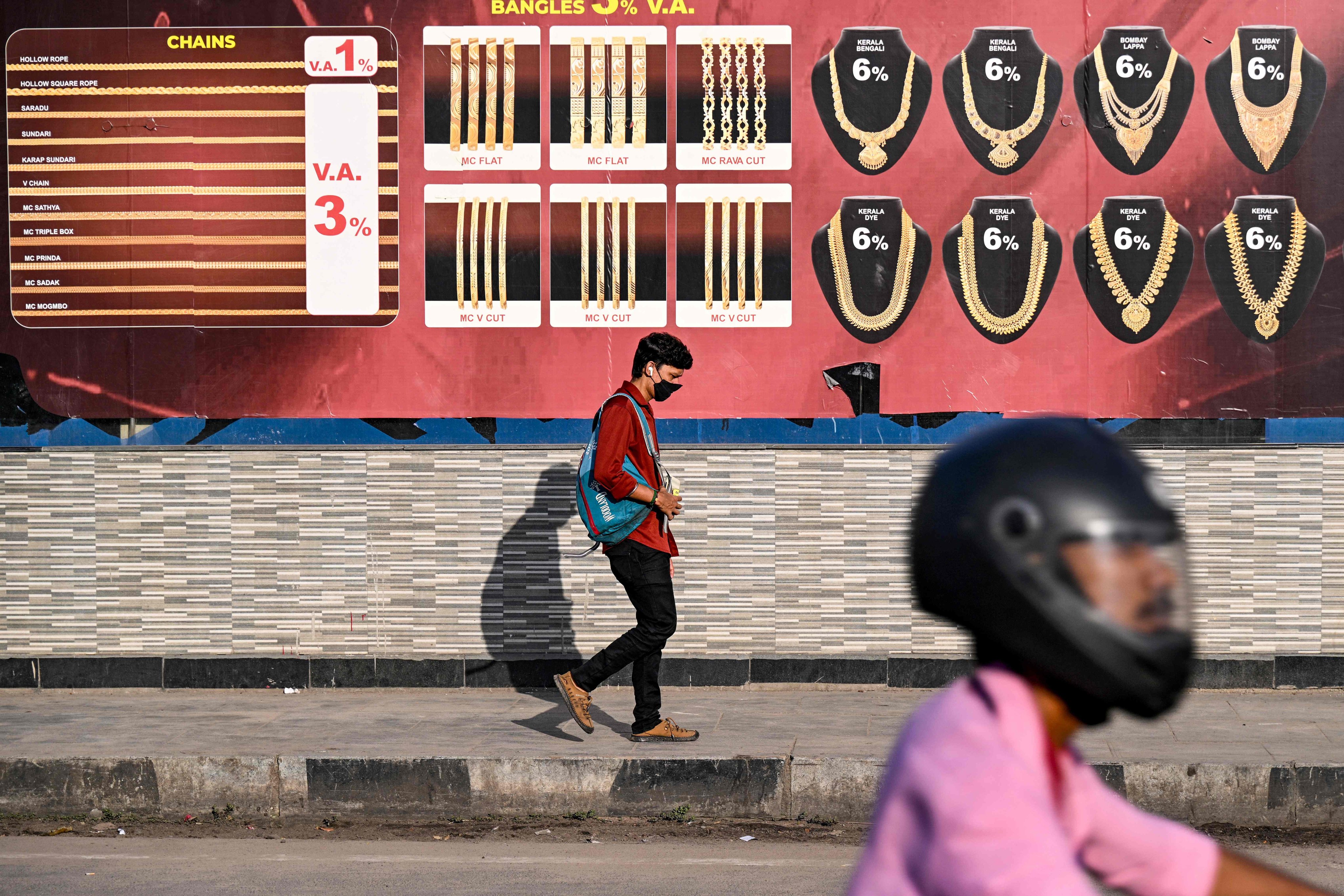Copyright scmp

The sudden escalation of US tariffs on Indian exports in August, first to 25 per cent and then doubled to 50 per cent, shook India’s export economy and sent shock waves through sectors dominated by micro, small and medium enterprises (MSMEs). While diplomatic postures have softened and negotiation appears to be under way, the event shed light on something deeper: the MSME workforce, particularly the young, remains vulnerable to such global trade unrest. The turbulence caused by the tariff might ease, but the socioeconomic challenges it exposes are persistent. India’s MSMEs are the bedrock of the country’s export economy. According to data published by the Directorate General of Commercial Intelligence and Statistics, MSME-related products accounted for more than 45 per cent of India’s total exports in the financial year 2023-24. At the same time, government statistics indicate that the sector has provided jobs for 110 million people and has contributed about 30 per cent to India’s gross domestic product. Together, these numbers indicate that MSMEs have made a significant contribution to the Indian economy. Many of these businesses are located in Tier 2 and 3 cities, driving economic activity through textile mills, auto component workshops, jewellery polishing clusters, handicraft centres and food processing units. In such cities, MSMEs can serve as the primary employers for young jobseekers entering the workforce. Industry figures show that nearly US$10 billion of India’s textile and apparel exports were destined for the United States last year, accounting for nearly 30 per cent of the industry’s total trade. This makes prominent production hubs such as Tiruppur in Tamil Nadu, Panipat in Haryana and Ludhiana in Punjab highly vulnerable to US tariff volatility. For instance, Tiruppur alone faces a potential loss of around 6 billion rupees (US$72 million) in export value, with some manufacturers already suspending production amid rising tensions. The Federation of Indian Export Organisations, the apex industry body that represents India’s external trade stakeholders, has called the 50 per cent tariff escalation “extremely shocking”. It has warned that almost 55 per cent of India’s shipments to the US are directly affected. Although ensuing discussions between New Delhi and Washington have defused the immediate strain, the August shock highlighted just how rapidly India’s export-dependent sectors can be undermined by external political developments. Ludhiana alone is anticipating a possible loss of 100 billion rupees over the cancelled orders. Similar concerns exist for Surat’s diamond polishing workshops, Panipat’s home textile units and Moradabad’s brassware artisans. In these cities, MSMEs are more than just commercial entities; they are a vital force behind the local economy. The disruptions caused by the tariffs go beyond reduced output, spreading into people losing their jobs, workplaces closing and a compounding effect across supply chains and service providers. Such sudden trade disruptions trigger job losses that prompt workers – especially those in the early stages of their careers – to leave their home in search of new opportunities. Outmigration from rural and small towns undermines the community workforce, hinders local market activity and restricts future employment growth. The influx of this workforce in larger cities and metropolitan areas also exacerbates the struggle for limited opportunities, often resulting in surplus labour leading to underemployment and more people working in the informal economy. These patterns create a dual pressure that fuels each other, resulting in weakened origin economies and a strained destination job market, reinforcing a spiral of instability that is challenging to overcome in the absence of focused policy intervention by the state. The risk is more significant in areas where production is concentrated in MSME pockets highly dependent on migrant workers from rural areas and small cities. In Tiruppur, for instance, many of these migrant labourers originate from southern Tamil Nadu cities such as Madurai and Theni, drawing attention to a pattern of migrants fuelling the garment industry. A sudden setback in sectors heavily reliant on exports can result in immediate job losses and a sharp decline in wages. Such vulnerabilities exist alongside high levels of unemployment, with the Periodic Labour Force Survey released in June showing the jobless rate among young people in urban areas at 17.9 per cent and 13.1 per cent for those in rural areas. Given these circumstances, it is clear the tariff-led export slowdown could severely harm the younger parts of the workforce, potentially resulting in increased rural-to-urban migration and further reinforcing a disruptive feedback loop.



